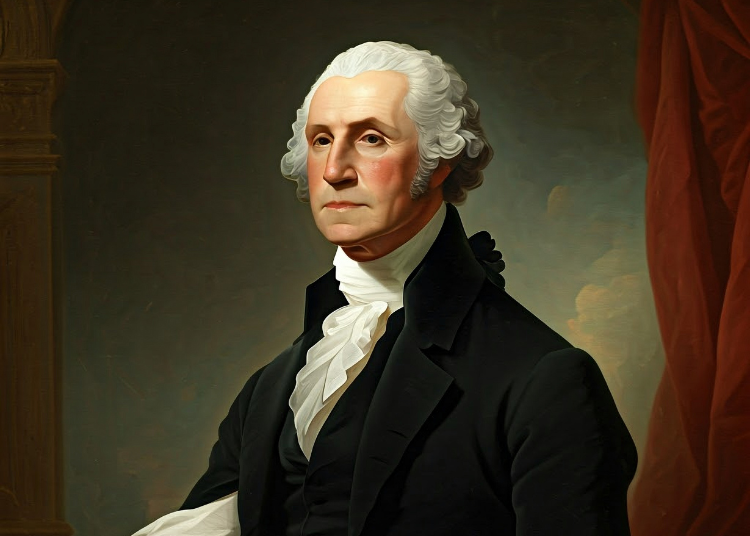Introduction
George Washington, known as the „Father of His Country,“ was a pivotal figure in American history. As a military leader during the Revolutionary War and the first president of the United States, Washington played a foundational role in establishing the country’s independence and shaping its democratic government. His leadership, integrity, and vision left an enduring legacy.
Key Information
| Attribute | Details |
|---|---|
| Full Name | George Washington |
| Birth Date | February 22, 1732 |
| Birth Place | Westmoreland County, Virginia, United States |
| Profession | Military Leader, Politician, Farmer |
| Known For | Commander of the Continental Army, First U.S. President |
| Presidential Term | 1789-1797 |
| Astrological Sign | Pisces |
| Death Date | December 14, 1799 |
| Death Place | Mount Vernon, Virginia, United States |
Career
George Washington’s career encompassed remarkable achievements in both military and political realms. He began his early military service in the French and Indian War, where he gained critical leadership experience. During the American Revolution, Washington was appointed Commander-in-Chief of the Continental Army, leading the colonies to a historic victory against Great Britain.
After the war, Washington presided over the Constitutional Convention, where his support was instrumental in drafting the U.S. Constitution. In 1789, he was unanimously elected as the first President of the United States, serving two terms. Washington’s presidency established numerous precedents, including the peaceful transfer of power, a two-term limit, and a cabinet system to advise the president.
Personal Life
George Washington was born to Augustine and Mary Ball Washington in colonial Virginia. Following the death of his father when he was 11, Washington became the ward of his elder half-brother, Lawrence, who provided him with guidance and opportunities.
In 1759, Washington married Martha Dandridge Custis, a wealthy widow. Their union brought him financial security and a close-knit family that included Martha’s two children, whom he helped raise. At his estate, Mount Vernon, Washington pursued his lifelong passion for farming, managing and expanding his holdings to 8,000 acres.
Although he owned enslaved people, Washington expressed discomfort with the institution. In his will, he ordered the emancipation of his enslaved workers upon his wife’s death, setting a precedent for gradual abolition.
Notable Achievements
- Military Leadership:
- Successfully led the Continental Army to victory in the American Revolution.
- Oversaw the decisive victory at Yorktown in 1781, securing independence for the United States.
- Presidential Precedents:
- Established the office of the presidency as a respected institution.
- Advocated for a non-partisan government and a foreign policy of neutrality.
- National Development:
- Championed the establishment of the first national bank and a robust economic foundation.
- Signed the Jay Treaty, ensuring peace with Great Britain during a critical period.
- Civic Contributions:
- Presided over the Constitutional Convention, advocating for a strong federal government.
- Supported infrastructure and innovation, such as the development of canals and agricultural advancements.
Current Activities
Although George Washington passed away in 1799, his legacy remains vibrant. His Mount Vernon estate operates as a museum, attracting visitors worldwide to learn about his life and contributions. Washington’s impact is commemorated through landmarks such as the Washington Monument and various statues and memorials across the United States. His example of leadership and service continues to inspire generations.
George Washington’s steadfast dedication to his country and his ability to lead through challenging times cemented his place as one of the most revered figures in American history. His enduring vision for a united, democratic nation laid the foundation for the United States as we know it today.



